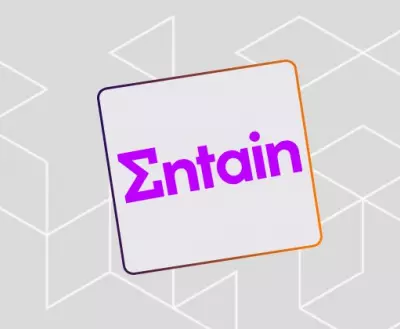While emerging markets around the world are turning to a legalised online gaming sector, in the hope of driving much-needed government revenue and creating much-needed skilled jobs, others appear to be taking a more regressive approach. Russia falls in the latter camp, with authorities there engaged in a long-running campaign to clamp down on online gambling, and in particular online gambling advertising.
While in practice, these types of policies can at times chime with the prevailing political winds, governments around the world are steadily recognising just how difficult it is, in an ever more increasingly connected world, to legislate against the Internet. Now, the problem looks set to have thrown a spanner into the works of the Russian government’s latest attempts to ban online gambling advertising.
The Russian government was forced into an embarrassing climb down on the issue, having previously promised a blanket ban on gambling ads within the country. However, confirming they were unable to enforce the ban on international platforms like YouTube, the Federal Antimonopoly Service announced it only has jurisdiction of Russian geo-specific domains, such as .ru and .su.
The climbdown came in response to complaints from the Internet Video Association, which had flagged offending Russian-language ads promoting local online casinos, such as Azino777. There were also claims of pure ads running on file-sharing platforms, serving files in breach of copyright laws – considered an even more pressing issue for regulators.
While their jurisdiction only extends to Russian domains, and arguably with limited effectiveness in any case, the authorities have confirmed they have submitted requests to Google, YouTube’s owner, to ask for help in enforcing the provisions. The FAS also announced the creation of a new task force comprised of advertising and IT experts, to help refine their approach to delivering the advertising ban.
The government has also ostensibly put pressure on the telecoms regulator, Roskomnadzor, which closes as many as 1500 sites supporting illegal gambling ads, and handled as many as 86,000 complaints about these types of adverts in the first quarter alone. While Roskomnadzor made by trigger happy with the ban hammer, the effect of their efforts are questionable.
These types of enforcement attempts are usually fundamentally flawed, and no free country in the world has thus far been able to enforce this type of blanket ban effectively. The reality is that online gambling is a truly global sector, and due to conflicting laws in different jurisdictions, and a free choice of law for online operators, there is very little that can be done at a national government level.
Similarly, tackling online gambling, or any other type of website, at a domain level often proves ineffective – in Russia, casinos simply change their URL every few months to stay one step ahead of the regulators, and as a result, leave a stream of paperwork for regulators who are effectively chasing their tails with no hope of ever tackling the root of the problem.
It remains to be seen whether the government’s task force can come with some innovative solution for preventing the proliferation of gambling ads. But unless platforms like YouTube are prepared to comply, or some more effective technical measures are introduced, it seems unlikely that even the Russian authorities could exert this level of control.








